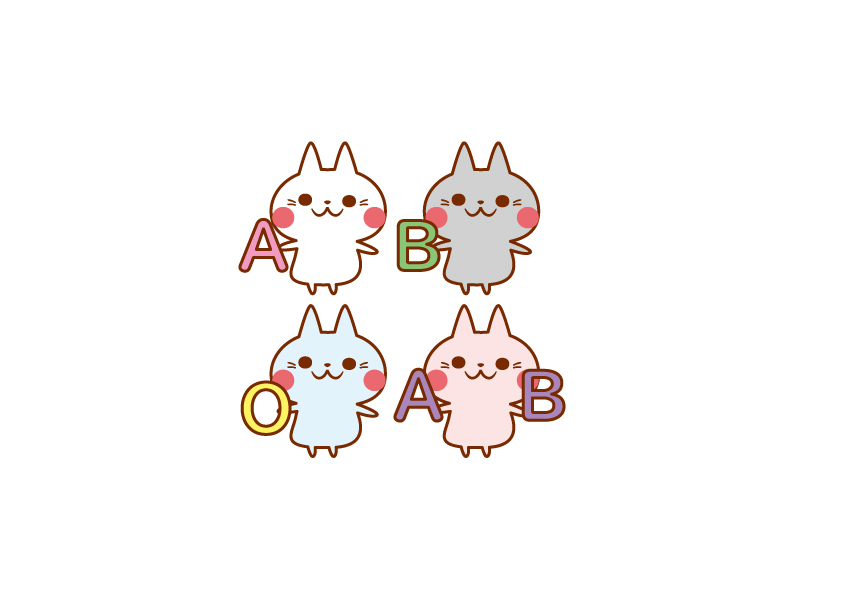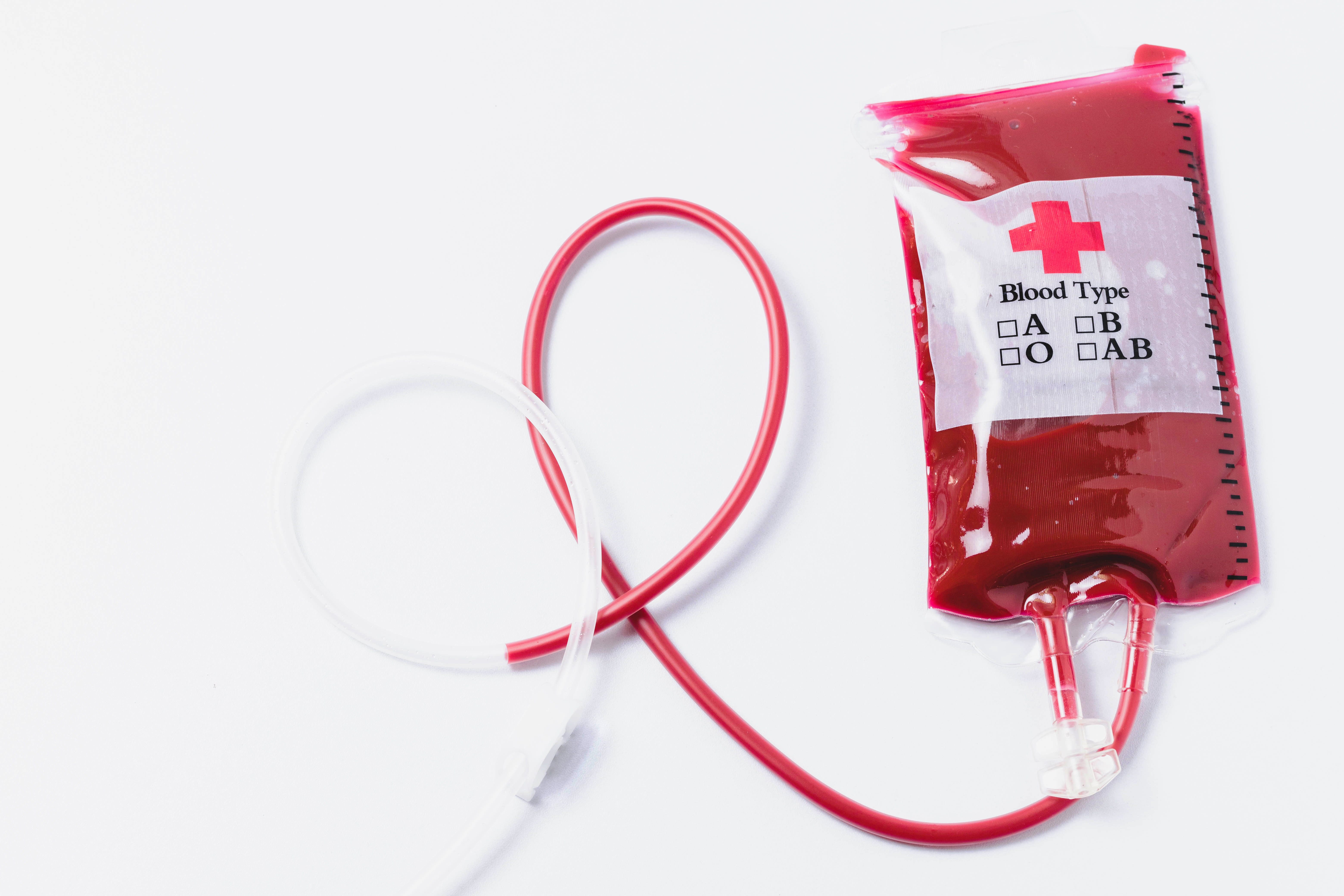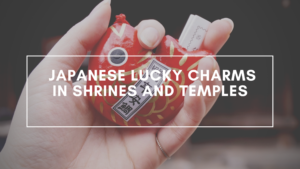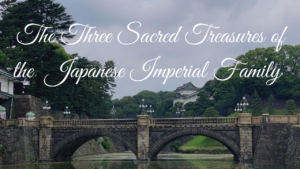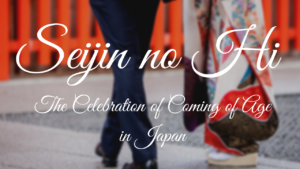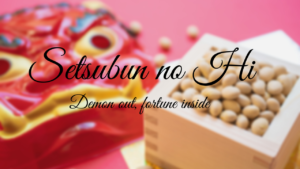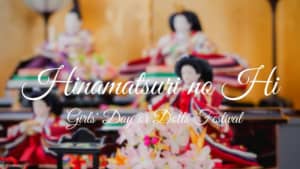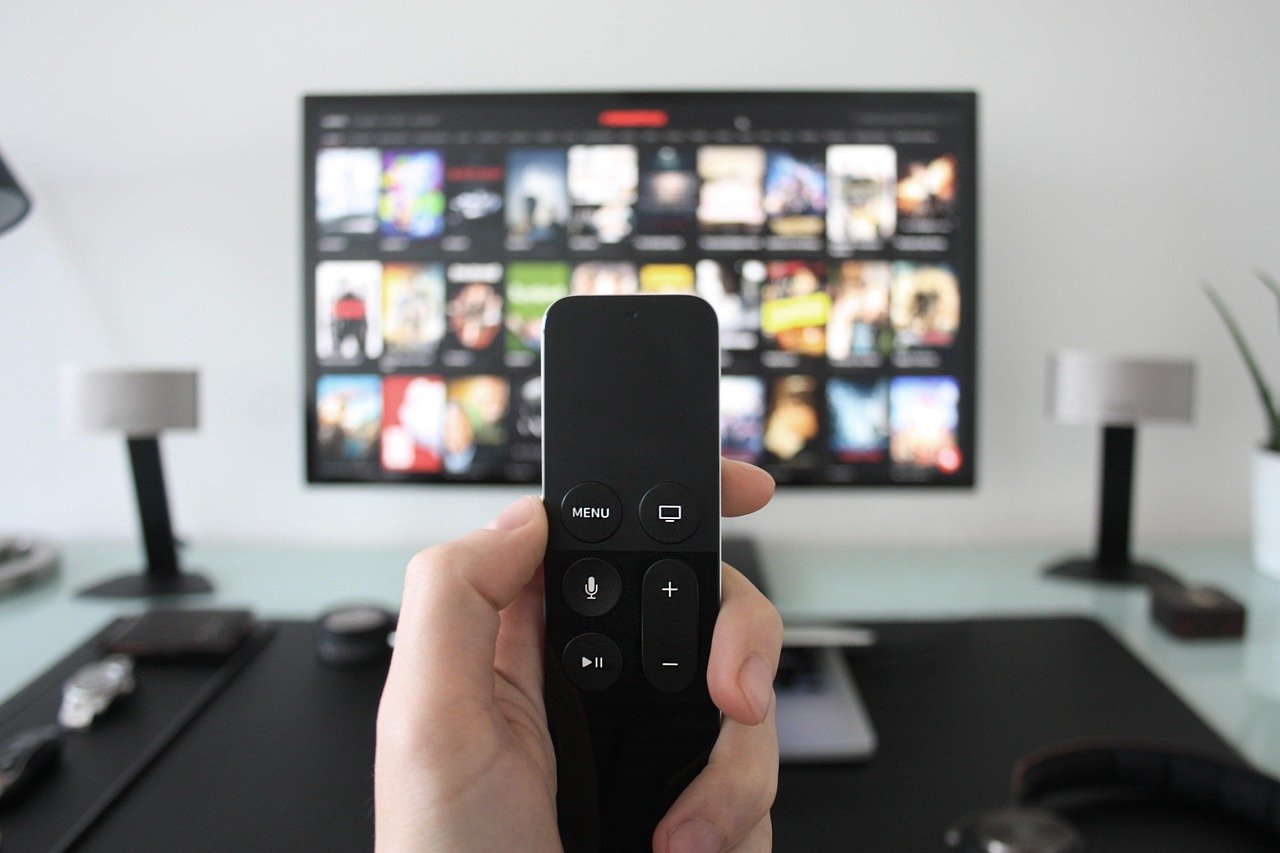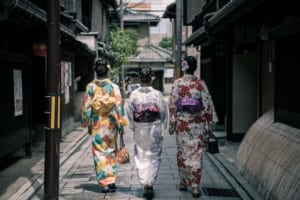Blood Type in Japanese Culture
How is your personality according to your blood type?
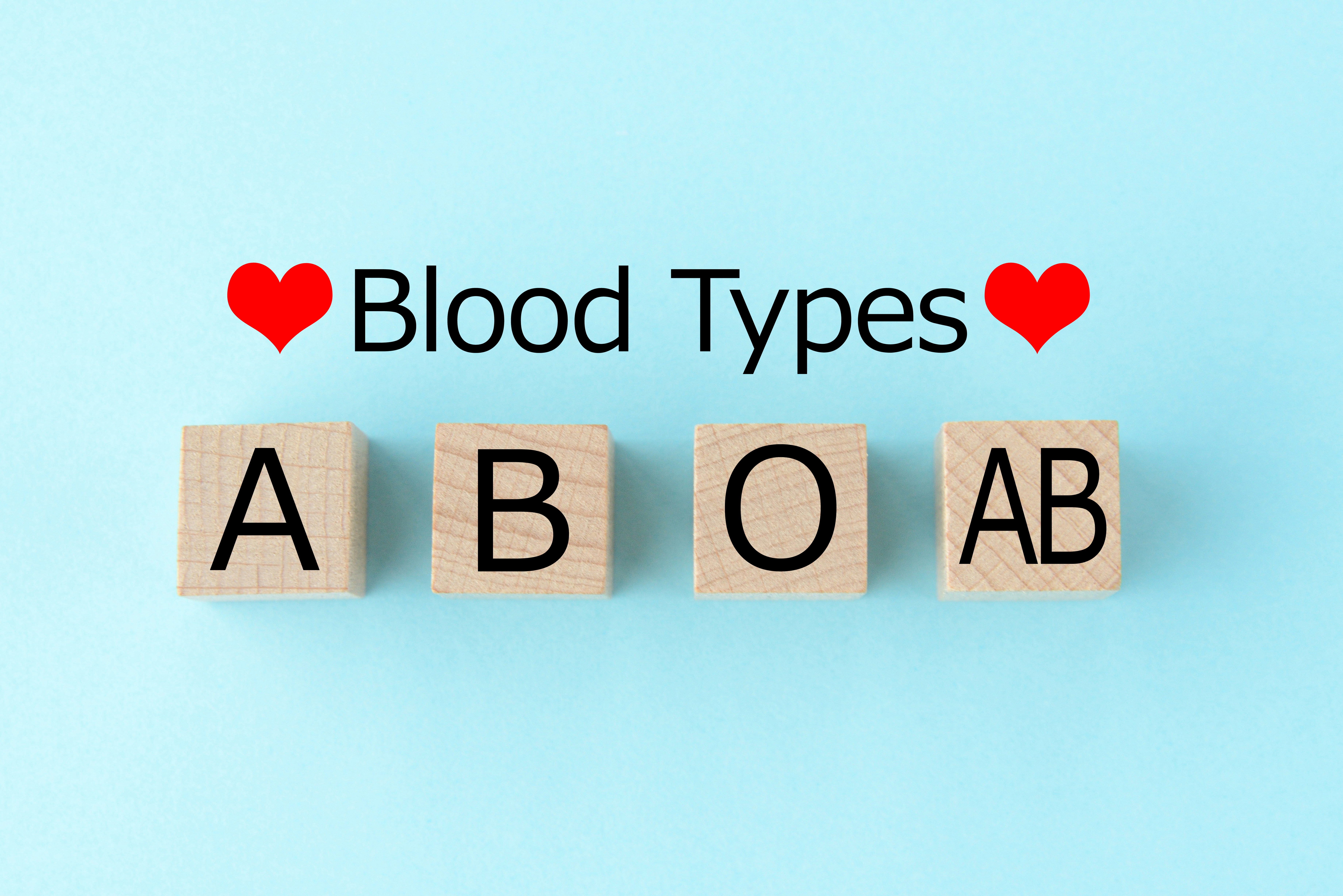
If I ask you now, what is your blood type, would you know the answer? Probably, most of you don’t, since it’s generally not something of importance (although it should, since it’s vital information in case you need a blood transfusion).
However, if I ask the same question to a Japanese public, surely most of them would know the answer. And no, it’s not because the Japanese worry about if they need a blood transfusion at any time. So why is blood type so important to the Japanese? Reaching the point that some companies ask you about your blood type or there’re people who decide their partner based on their blood type, so some people even lie about what type they are.
This is because in Japan there is a belief that blood type determines your personality and your compatibility with other people. It would be something similar to the horoscope in the West. Surely if I ask you what zodiac sign you are, most of you know how to answer that question, right? In Japan, most of 90% of Japanese people know their blood type. Do you want to know more about this topic and what type of personality does each blood type have according to the Japanese? Keep reading!
Personalities according to Blood Type
Blood Type O
It’s believed that people with blood type O were born to be natural leaders. They’re energetic, passionate, optimistic, friendly, loyal and easy going. They’re good communicators, knowing how to express their opinions or criticisms in a friendly way and making the other person not take it as an attack but as a constructive criticism and a way to improve. But at the same time they’re self-confident, ambitious, independent and realistic. These qualities together make them the perfect leaders. In addition, they have good intuition for business and go directly for their goals since they see things from a wider perspective, thinking about the future and without giving importance to small things. Although sometimes the fact that they don’t give importance to “small things” can be a problem since they might seem insensitive if for the other person that “small thing” is important. Other defects associated with people of blood type 0 is the lack of punctuality and that sometimes their confidence leads them to be arrogant and jealous.
Currently 30% of Japanese are type O, being the second most majority group after A.
Blood Type A
Perhaps the best word to describe people of type A is “majime”, which means that someone is diligent or serious. It’s mostly used with a positive meaning, especially in work or studies. Someone who takes things seriously and tries to do everything in the correct way. Along the same lines, they’re also responsible, honest, well organized, methodical and know how to remain calm. These characteristics lead them to also be considered very good drivers. On the negative side, they’re usually stubborn, shy and it takes time for them to open up to others because they’re afraid of being hurt since are highly sensitive and fragile. Also usually they don’t express themselves much in order to avoid conflicts, although this in Japan is seen as positive qualities. Although they don’t express their feelings much, they’re good at listening to others and empathizing with people.
As you can see, these qualities are mostly the stereotype we have about how the Japanese are. And whether or not it’s true that blood influences personality, the fact is that blood type A is the majority in Japan, with almost 40% of people being group A.
Blood Type B
Blood type B people are not very popular in Japan since they’re the polar opposite of A types. They’re considered highly creative, optimistic, friendly and the most outgoing people. However, they’re also selfish, unpredictable, wild, irresponsible and don’t like to follow the rules, qualities that clash frontally with the standards of Japanese society. They say and do what they think and want openly, without thinking about other’s people feelings or the rules. They like to have fun and parties, and especially boys are seen as playboys and many women avoid them as a couple.
Luckily not everyone sees only the negative. They’re also better than the others blood type solving problems thanks to their creativity and imagination, they easily adapt to new environments and like to learn new things (even if they lose interest quickly). And the most positive part: its presence improves the environment and create a good atmosphere.
Only 10% of Japanese are type B
Blood Type AB
If I said before that type B people are not very popular, type AB are even less popular. AB people are believed to be a mix between blood type A and B (pretty obvious right?). Therefore, they’re somewhat bipolar or have two personalities/ two faces and are unpredictable. It would come to be like the people of Gemini sign in the zodiac. But on the other hand, because they’re just the rarest and the least common blood type (only de 5%), they have an aura of mystery and cool vibe too and they’re considered the most interesting type of person. They usually have many different hobbies, but they especially like things related to fantasy.
Being a mix, their personality changes quickly depending on the situation and their mood, making them difficult to deal with. They’re rational and realistic but dreaming at the same time and they like to chase their dreams, they’re confident and outgoing yet shy. They like to think logically but they’re also attracted to the spiritual. They are sensitive and easy to hurt but at the same time they do not have much empathy with others. Although he likes many things, they lose interest quickly and change from one activity to another. For this reason they’re often considered eccentric. But on the positive side they are calm and honest in their relationships.
The Origins
If we start from the beginning, we should go back to 1901 when Karl Landsteiner (1868-1943), an Austrian scientist, identified and classified blood according to the four blood groups that we know nowadays. Although Karl’s discovery was of great help to humanity, in things like blood transfusions, misuse of this discovery soon began to be seen. It’s nothing new that some people, like the Nazis in Germany, have tried to use blood and other arguments to justify the existence of a superior ‘race’. I have also found that some people in the West considered them to be superior to Asians since in Asia the predominant blood type use to be B while in the West it’s A or O.
In Japan, professor Takejo Furukawa (1891-1940) chose this topic and in 1927 he published a paper called “The Study of Temperament Through Blood Type” in which he stated that blood type determines the personality of people. Although this paper had no scientific basis and was based solely on observation of people around him and people who applied at the high school where he worked, it quickly became very popular in Japan. So much so, that the Japanese army also began to research on the subject and it’s said that in some cases they separated the new soldiers according to their blood group to give them different training according to their “qualities”.
But after the Second World War ended, this theory, as well as the one that talks about the superiority of some races, fell into forget (or rather, humanity tried to learn from mistakes). Until in 1970 a lawyer named Masahiko Nomi recovered this idea and published a series of books with his son, although this time with a much more ‘innocent’ approach, not in therms of race superiority.
At Present
To this day, there’re many books on blood type and personality, as well as books on which diet is the most suitable according to your blood type, who is your best partner, etc. Many celebrities publish their blood type on their profiles, and even some politicians use it to say that they are better than their rivals and why they are A and their rival B.
But although it’s something that as I have said more than 90% of the Japanese know, it’s still anecdotal, as for us the horoscope. We all know our zodiac sign, and there’re books and television shows on the subject, as well as what other signs we are more compatible with or what is better for our diet. Even zodiac-based future predictions. However, I think that not many people really really believe in it. The same thing happens with Japan. Yes, to the beginning of this article I have said that some people choose their partner by blood type or there’re companies that hire based on your blood type. But the case of the companies, for example, were isolated cases that came out, and that the foreign press especially exaggerated and considered it the common thing, because it always sells more something ‘rare’ from Japan. I have also used it at the beginning to catch your attention. But as I say, it shouldn’t be thought that this is frequent.
The truth is, many Japanese are not particularly good at starting conversations or making new friends, and they get nervous. Talking about your blood group can sometimes be use as an ice-breaker, just like talking about time, to start talking about something. It’s also a way to try to know the other person better and show interest.
In addition, in Japan there is a better balance between blood types, unlike in the West, where there’re practically only A and O. And for some Japanese it’s almost a game or a fun to try to guess the group of their friends or colleagues.
Have you enjoyed the article? Hope so! If you want to know more about Japanese culture, such as legends, myths or festivals, you can read any of these other articles too!
▽ Related Articles ▽
▼Editor’s Picks▼
Written by
From Barcelona to Tokyo. Coffee & Adventure lover.
I started to like Japan because of the anime, music and dramas, but after my first trip to the country I found what I love the most: traveling around, the culture and history. I have travelled a lot in Japan, but I still have many places to discover that I want to share with you. Let’s discover Japan together!
Also, as a foreigner living in Japan for over 6 years I understand what kind of things are difficult when you move here and I want to help other people in the same situation that I have in the past.





